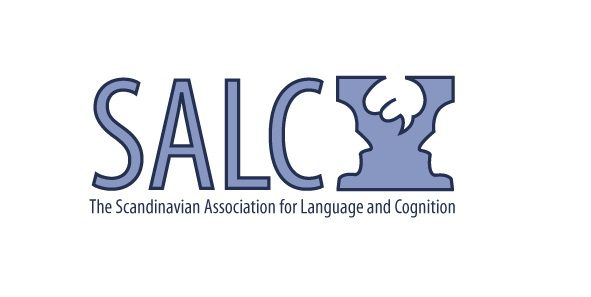
SALC was formed as the Swedish Association for Language and Cognition on June 17, 2006 at the International Conference and Constituting Meeting of SALC held at University of Umeå, Sweden, between June 15-17, 2006. After a first successful conference in November 29 – December 1, 2007, at Lund University, discussions began of extending the association to the other Scandinavian/Nordic countries (so far including Danmark, Norway and Finland). On June 11 2009, the Swedish Association for Language and Cognition became the Scandinavian Association for Language and Cognition (SALC). The organisation involves mostly linguists, but also psychologists, cognitive scientists and semioticians working on a variety of topics and utilising different methodologies. SALC is affiliated with the International Cognitive Lingusitics Association (ICLA).
The major goal of the association is to promote the study of the relationship between language and cognition. This involves any type of research in which language is not treated in isolation (e.g. as a “module”), but both as based on structures and processes of general cognition (e.g. perception, memory and reasoning) and social cognition (e.g. joint attention and imitation), and as affecting such structures and processes. The association is intended to be a forum for cooperation and exchange of ideas between disciplines, fields of study and theoretical frameworks.
In terms of disciplines, the association is intended to bring together not only linguists (at both Linguistics and Modern Language departments), but also psychologists, cognitive scientists, semioticians and philosophers with an interest in the language-cognition nexus.
The relationship between language and cognition is central within various fields of study, such as semantic analysis, discourse analysis, grammar, pragmatics, semiotics, linguistic typology, language development, language evolution, language change, gesture studies, consciousness studies and linguistic relativity.
Members of the association working in these fields use various theoretical frameworks, such as cognitive semantics, functional semantics, conceptual semantics, cognitive grammar, construction grammar, relevance theory, blending theory and discourse representation theory. There is much to gain by enhancing communication between researchers within such different frameworks, who are all interested in the same fields of study, and in the same overarching question “How does language relate to cognition”?
While the nature of the research to be supported by SALC is primarily theoretical, in the sense that it aims at a better understanding of the relationship between language and cognition, such research is also of direct relevance for various more applied fields such as language impairment, advertising and language technology.
We invite all researchers, within Scandinavia and elsewhere, who wish to contribute to the goal of the association to join as members.